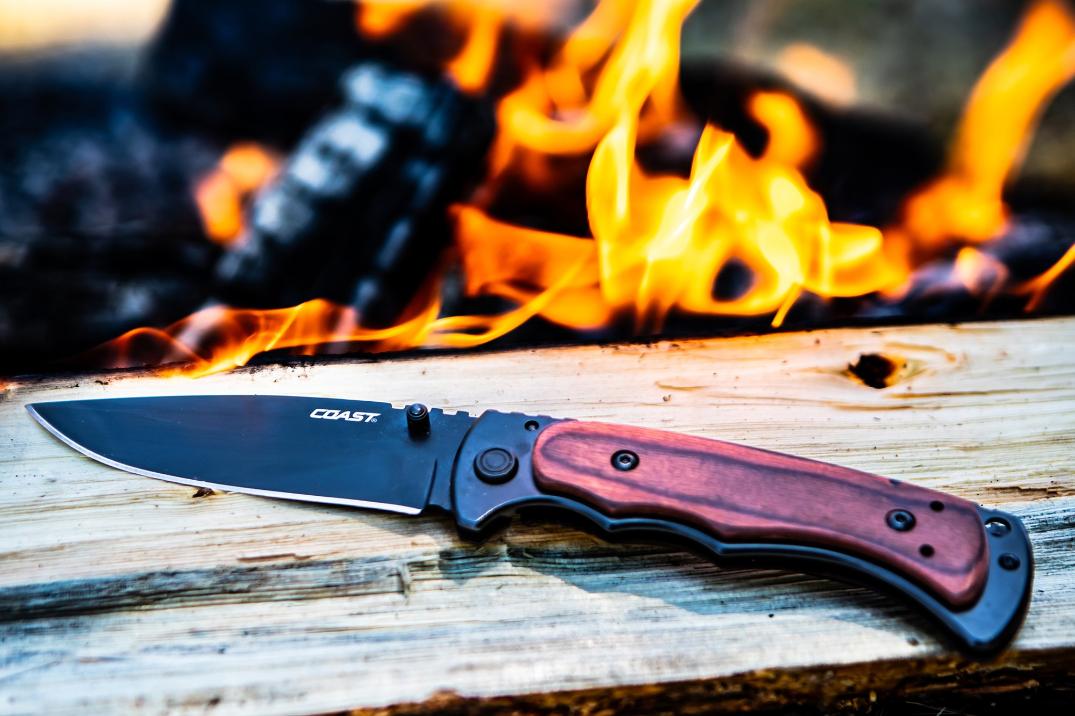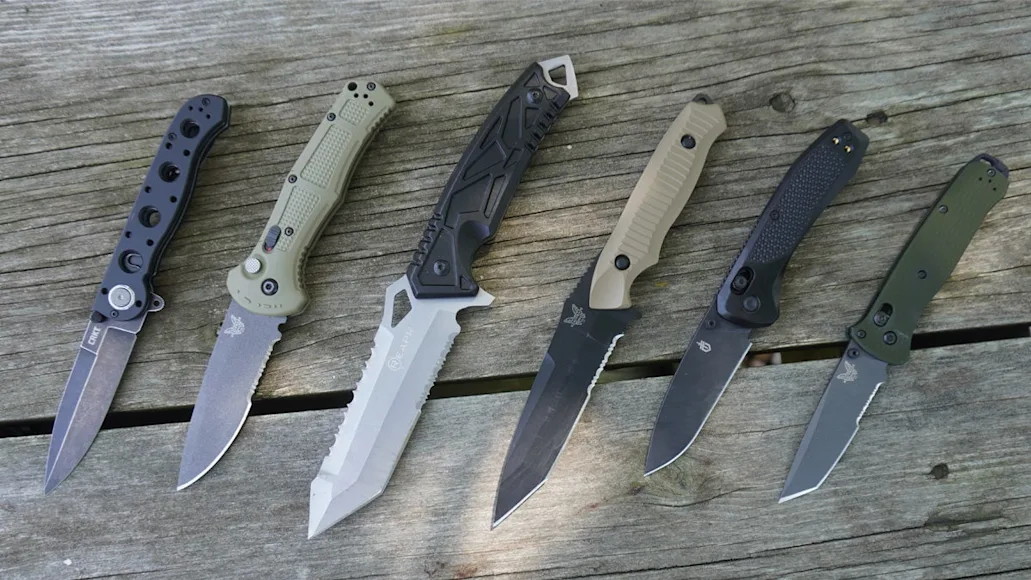In the world of culinary arts, every chef knows the importance of having the right tools. Among these tools, traditional folding knives have carved out a niche for themselves, offering a blend of heritage, versatility, and practicality. For professional chefs, these knives are more than just cutting instruments; they are an extension of their skill and precision in the kitchen.
Traditional folding knives have a rich history, dating back centuries, and have evolved to meet the demands of modern culinary practices. These knives are renowned for their craftsmanship, durability, and the unique character they bring to the kitchen. In this article, we will explore the allure of these knives and why they remain a favorite among kitchen professionals.

The Heritage of Traditional Folding Knives
Traditional folding knives hold a storied past, often passed down through generations. Their design is rooted in cultural traditions, with each knife telling a unique story. For instance, the French Laguiole folding knives are celebrated for their elegant curves and intricate detailing, while the Japanese folding knives are admired for their sharpness and precision.
The craftsmanship involved in making these knives is an art form. Skilled artisans devote countless hours to forging blades and shaping handles, often using traditional techniques passed down through generations. This dedication to craftsmanship ensures that each knife is not only functional but also a work of art.
Functionality Meets Aesthetics
One of the reasons traditional folding knives remain popular among chefs is their ability to combine functionality with aesthetics. These knives are designed to be versatile, capable of handling a variety of tasks in the kitchen. From slicing and dicing to intricate garnishing, a well-crafted folding knife can do it all.
Moreover, the aesthetic appeal of these knives adds a touch of elegance to the culinary experience. With handles made from materials like wood, horn, and bone, each knife is unique. Wood handle folding knives, for example, offer a rustic charm and a comfortable grip, making them a favorite choice for many chefs.
Practicality in the Professional Kitchen
In a professional kitchen, time and efficiency are of the essence. Traditional folding knives are valued for their practicality and ease of use. Their folding mechanism makes them compact and easy to store, a crucial factor in busy kitchens where space is limited.
Additionally, these knives are easy to maintain. With proper care, including regular honing and cleaning, they can last a lifetime. Many professional chefs opt for blade regrind services to keep their knives in peak condition, ensuring they remain razor-sharp and ready for any culinary challenge. Learn more about blade regrind services and how they can extend the life of your knives.
Choosing the Right Folding Knife
When selecting a traditional folding knife, several factors come into play. Chefs must consider the knife's blade material, handle design, and overall weight. Each aspect can influence the knife's performance and suitability for specific tasks.
Blade material is particularly important, as it affects the knife's sharpness and durability. High-carbon stainless steel is a popular choice for its ability to maintain a sharp edge. For those interested in exploring the different types of pocket knives, the guide on pocket knives provides valuable insights into the materials and designs available.
Handle design is another crucial consideration. Chefs should choose a handle that fits comfortably in their hand, providing a secure grip during use. Whether it's a classic wooden handle or a modern ergonomic design, comfort and control are key.
Conclusion
Traditional folding knives are more than just tools; they are a testament to the artistry and tradition that define the culinary world. For kitchen professionals, these knives offer a blend of heritage, functionality, and beauty that enhances their cooking experience. As you explore the various designs and materials, you'll find that these knives not only meet the demands of a professional kitchen but also add a touch of elegance to your culinary journey.

Frequently Asked Questions
What makes traditional folding knives different from other knives?
Traditional folding knives are distinguished by their folding mechanism, which makes them compact and easy to store. They are often crafted with an emphasis on heritage and aesthetics, using materials like wood and bone for the handles, and high-quality steel for the blades.
Are traditional folding knives suitable for all kitchen tasks?
Yes, traditional folding knives are versatile and can handle a wide range of kitchen tasks, from slicing and dicing to garnishing. Their design combines functionality with elegance, making them a valuable tool for any professional chef.
How should I maintain my traditional folding knife?
Maintaining a traditional folding knife involves regular honing and cleaning. It's also important to store the knife properly, preferably in a dry place, to prevent rusting. For those seeking to keep their knives in top condition, consider using blade regrind services.
This article contains affiliate links. We may earn a commission at no extra cost to you.


























